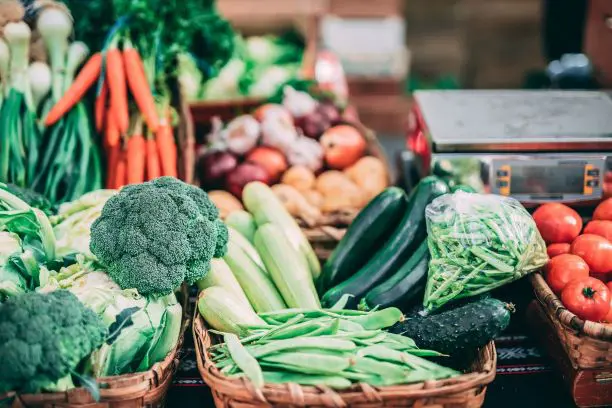Proliferation and remodeling phase
After the initial “inflammatory soup” which starts most healing processes, you want to increase your protein, healthy fats, and omega 3’s intake, Proteins help with remodeling and rebuilding – white, lean meat being better than red meat. Healthy fats help the body to absorb all the essential nutrients – chia and flax seeds, avocado, olive, and coconut oil.
Best daily supplement intake for improved healing
Supplements have often been scrutinized, with people claiming they are essential while others believing they range from useless to potentially dangerous. While we should generally be taking supplements to compensate for a deficit, the following supplements can help during the healing phase: probiotics, L-glutamine, collagen peptides, vitamin D, calcium/magnesium/zinc.
Top 10 anti-inflammatory foods:
- Fatty fish: salmon, mackerel, tuna, and sardines. Avoid fried or dried. For the omega-3’s.
- Dark leafy greens: kale, spinach, broccoli. Rich in vitamin E, calcium and iron.
- Tomatoes: rich in lycopene.
- Nuts and seeds: especially almonds, but also walnuts, pecan, pumpkin and sunflower seeds. Rich in fiber, calcium, vitamin E and antioxidants.
- Beets: full of antioxidants and nitrates.
- Berries and fruits: including citrus and oranges.
- Tart cherries: similar o beetroots.
- Olive oil
- Raw apple cider vinegar: for the good bacteria coming from fermentation.
- Spices: turmeric and ginger.
Food to avoid:
- Milk and dairy
- Sodas
- Red meat and processed meat
- Refined sugar and carbs – white pasta/rice
- Hydrogenated oils
- Msg
- Processed food in general
- Bean and legumes
- Grains and wheat
Even outside inflammation phases, balancing your diet around more anti-inflammatory food while reducing pro-inflammatory food is beneficial. Do not restrict, but rather try to harmonize things out!

